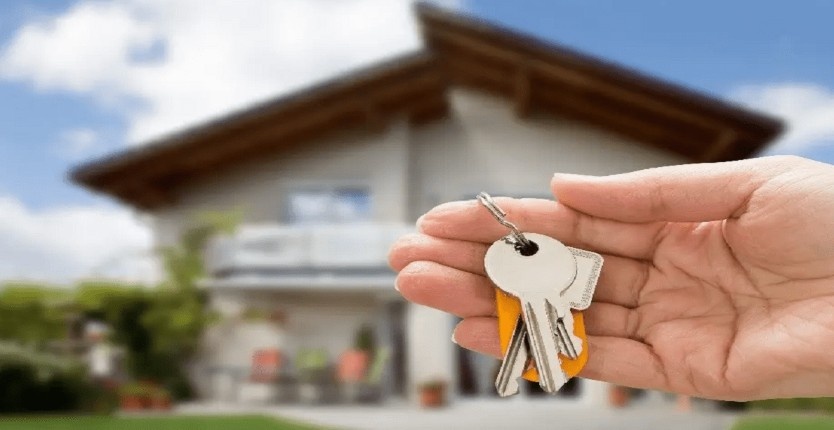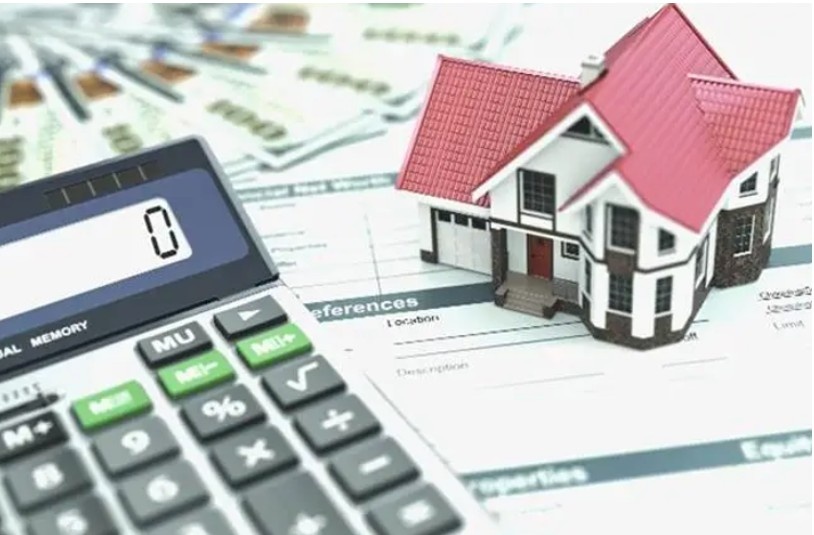I remember the first time I started house-hunting. I was looking at online listings, overwhelmed by endless photos of perfect kitchens and yards that looked straight out of a magazine. But the second I stepped foot in the actual houses? Woah. It was a whole different story. One place smelled like old carpet, another had a “charming” bathroom that was more “claustrophobic” than quaint. Needless to say, it took me a while to realize what really mattered.
Now that I’ve been through it all, I want to share some of the tips and stories I learned along the way to help you navigate your own search for your dream home. You can make it happen—without getting lost in the process. Ready to find out how? Let’s jump in.
How Do You Know When You’ve Found the Right House?
The excitement of house-hunting is real, but it can also be overwhelming. There’s no checklist that magically tells you which house is “the one,” but there are clues. When I was hunting for my dream home, I realized it wasn’t just about falling in love with the space right away. Sure, that’s part of it, but the real deal-breakers are factors like long-term fit, the vibe of the neighborhood, and how well it aligns with your future goals.
You might walk into a house and feel an instant connection—like the layout just clicks. Or, maybe you feel a little off. That gut feeling is crucial. Pay attention to whether the home has enough space for your needs, how much light it gets, and how well it functions for your lifestyle.
I didn’t realize how important these details were until I almost picked a house that was absolutely gorgeous—but would have been a nightmare during the winter months. Trust me, those small practicalities matter!
What Should You Look for When Buying Your Dream Home?

Image source: Square Yards
You’ve seen the “dream home” photos: sprawling kitchens, giant windows, endless backyards. But once you get to the reality of it, you start to ask: Does this house fit my actual needs? What you need to look for goes beyond aesthetics. Think layout, practicality, and how you’ll feel living there day-to-day.
Take it from me—focus on the flow. Do the rooms work well together? Is there a natural progression from one space to the next? If the layout doesn’t feel functional, it can affect how comfortable you’ll be in the house. And don’t let a stunning backyard distract you from a cramped living room.
Also, location is key. Do you want to be close to work, schools, or a bustling neighborhood with lots of things to do? Even the best house won’t feel like a dream if it’s miles away from the things you love to do.
Is Your Dream Home a Smart Investment?

Image source: The Financial Express
Okay, let’s get practical: purchasing a home isn’t just an emotional decision, it’s a financial one, too. I know, I know, you want the house that feels like home—now. But the best move is to also think ahead. Is this place going to grow with you? Will the neighborhood appreciate in value? Don’t get caught up in the idea of a home that might be way too big (or small) in the long run.
Also, I can’t stress enough: don’t skip the home inspection. I thought skipping it in one place was a good idea—until I found out that the whole plumbing system needed replacing. A thorough inspection can save you from costly surprises down the line.
And about that price? Do your research. Compare homes in the area to make sure you’re not overpaying. Yes, that dream home is cute, but don’t get blinded by the pretty pictures.
What Mistakes Should You Avoid During Your Home Search?
Listen, I made all the rookie mistakes when I first started house-hunting. The biggest one? Falling in love with a place too soon. You know what I mean: you walk in, your heart races, and you think you’ve found “the one.” But once the excitement wears off, you start noticing things like the noisy street or that the backyard doesn’t actually have enough space for a dog. Oops.
Another common mistake is not considering future needs. I was so focused on the house’s current layout that I didn’t think about what would happen when I eventually needed more space. Imagine realizing, years later, that your home is too small for your growing family—or worse, you don’t have the budget for renovations!
Finally, don’t get swept up in what other people tell you. The market is full of opinions, but you should always trust your gut. It’s your home, your money, and your future, so take your time and find a place that fits you—not someone else’s idea of a perfect home.
How to Navigate the Home-Buying Process Like a Pro

Image source: Graham & Co
Now, let’s get down to the how-to. The process might feel like a whirlwind, but if you take a step-by-step approach, it doesn’t have to be stressful. Here’s how I made the most of the process:
- Start with a solid budget: You can’t go house-hunting if you don’t know what you can afford. Trust me, it’s heartbreaking to fall in love with something that’s way out of your price range. Get pre-approved for a mortgage to avoid wasting time and energy on houses that are too expensive.
- Research the neighborhood: It’s not just about the house—it’s about where it’s located. Drive around, talk to locals, and make sure the area suits your lifestyle. Trust me, you want to know what’s around before you make an offer.
- Stay organized: I made a spreadsheet to track each house’s pros and cons. This helped me see things clearly instead of getting lost in all the details. Plus, you’ll need it when you start comparing prices, sizes, and features.
- Work with an experienced agent: I can’t recommend this enough. A real estate agent who knows the market can help you avoid overpaying and help you negotiate a fair deal. They’ll also steer you clear of potential pitfalls, like houses with hidden issues or ones that are priced way above market value.
Also Read: The unsent project
FAQ: Real Questions from Homebuyers
Should I go for a fixer-upper or a move-in-ready home?
A: It depends on how much time and energy you’re willing to put into renovations. A fixer-upper can be a great investment if you’re up for the challenge, but it can also eat up time and money if you’re not careful. A move-in-ready home means less work upfront but might cost more. Weigh the pros and cons carefully!
How can I tell if the price is right for a home?
A: Do some research! Look at comparable homes in the area and make sure the price matches the market value. Your agent can help with this, but getting a good sense of what other homes are selling for in the same neighborhood will help you make a more informed decision.
How long does the home-buying process actually take?
A: The process can vary, but on average, it takes about 1–3 months from getting pre-approved to closing on your home. However, if you’re searching in a competitive market, it could take longer. The key is not to rush—find the right home, not just any home.
The Final Word: Your Dream Home Is Worth the Wait
Finding your dream home is about more than just picking a place with nice floors and good vibes. It’s about ensuring that it works for your lifestyle, your future, and your budget. And while the journey may have its ups and downs, when you finally find that perfect spot, you’ll know it’s worth every second.
So take a deep breath, trust your gut, and remember: your dream home is waiting. Happy house-hunting!
Feature Image source: Grrow Property

